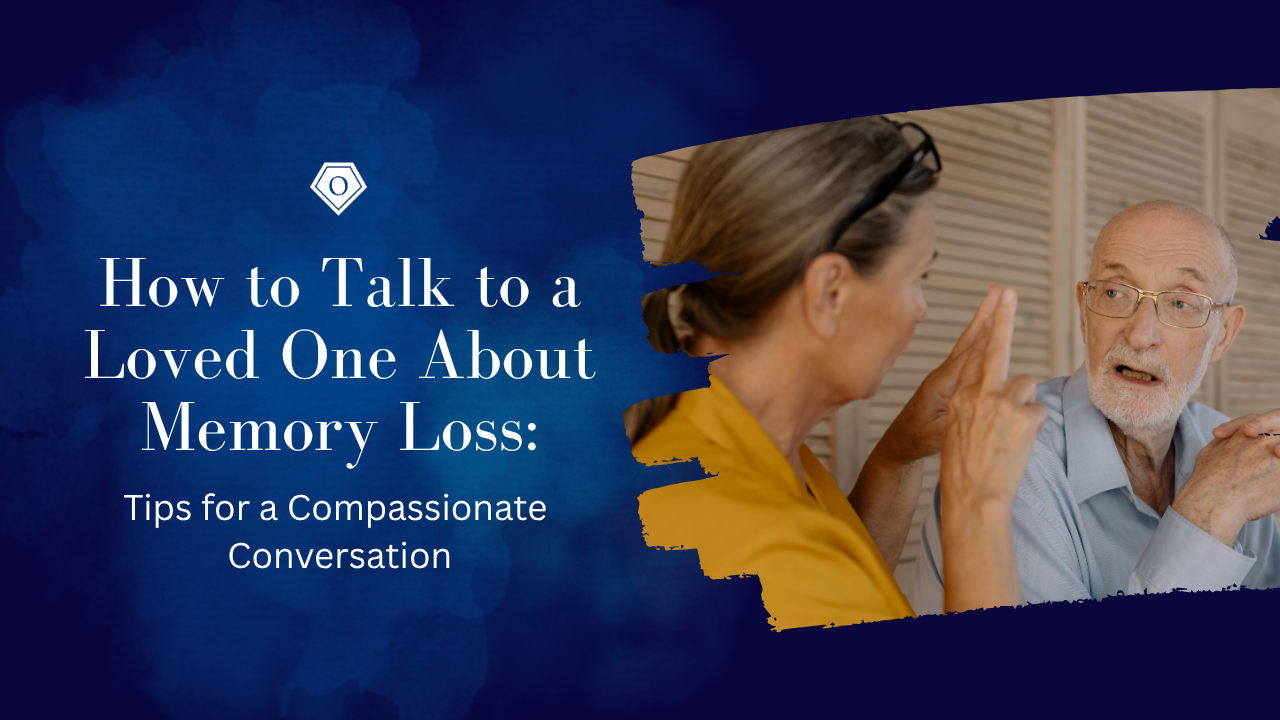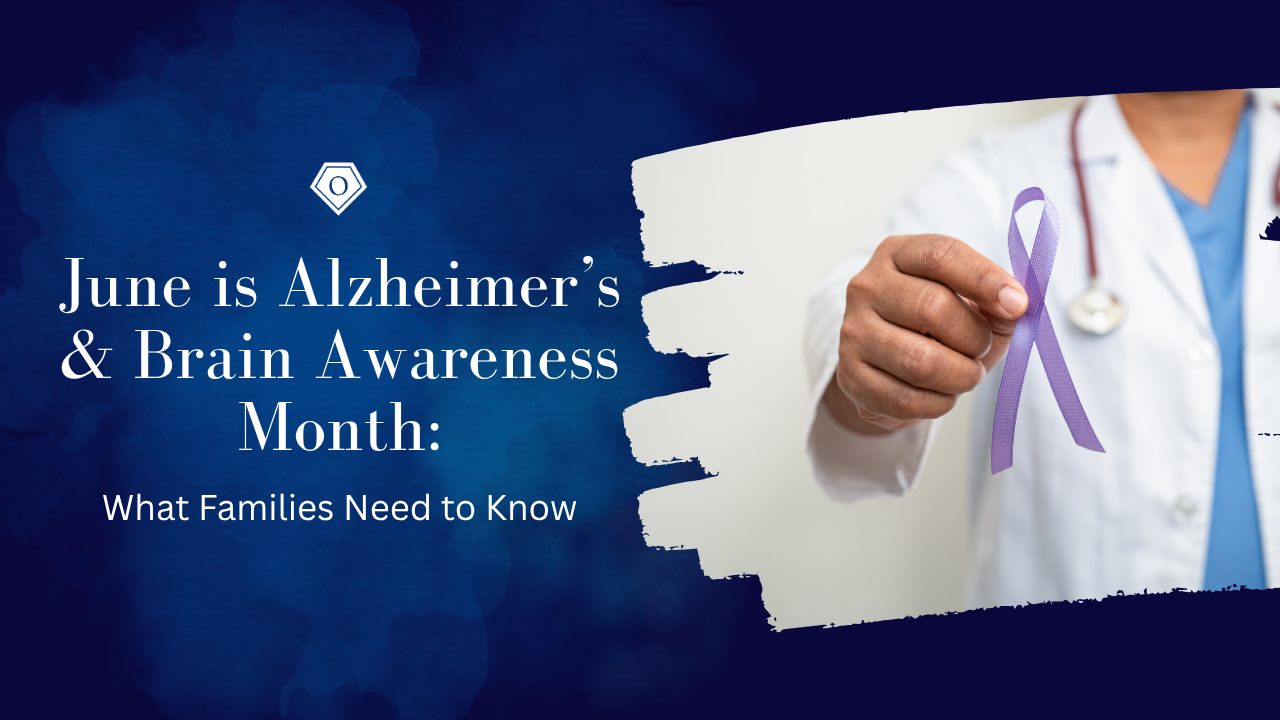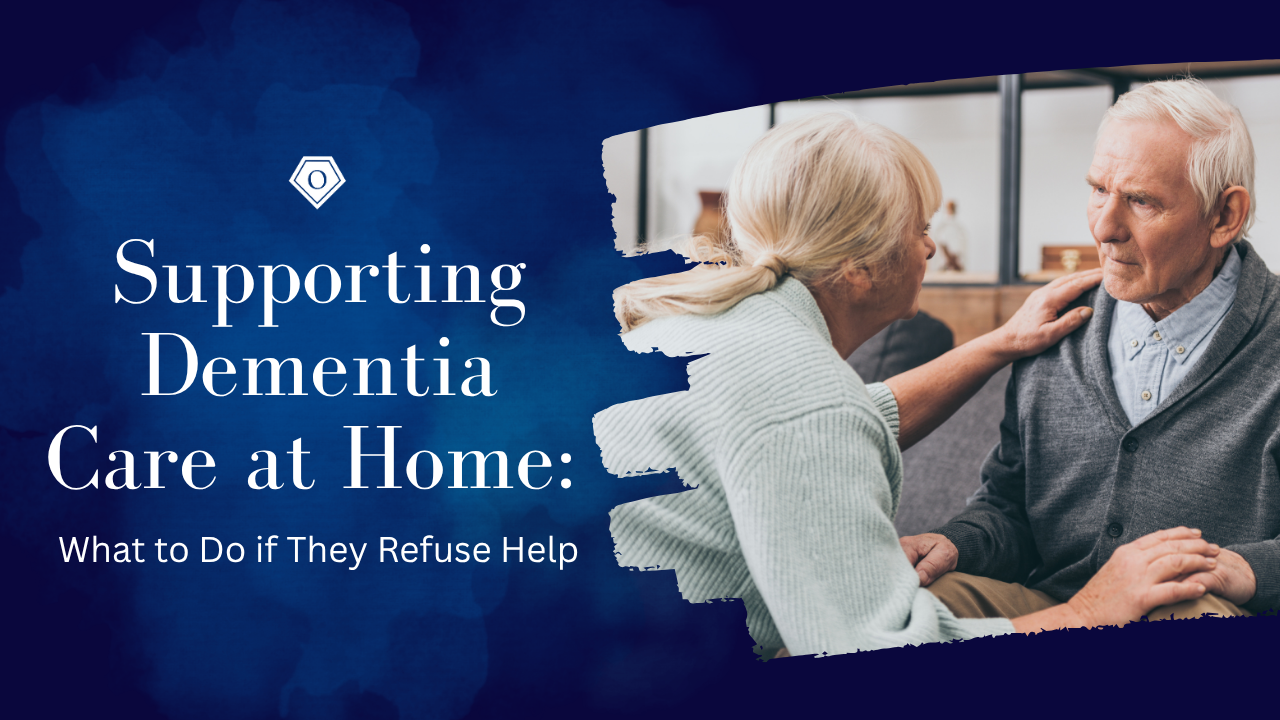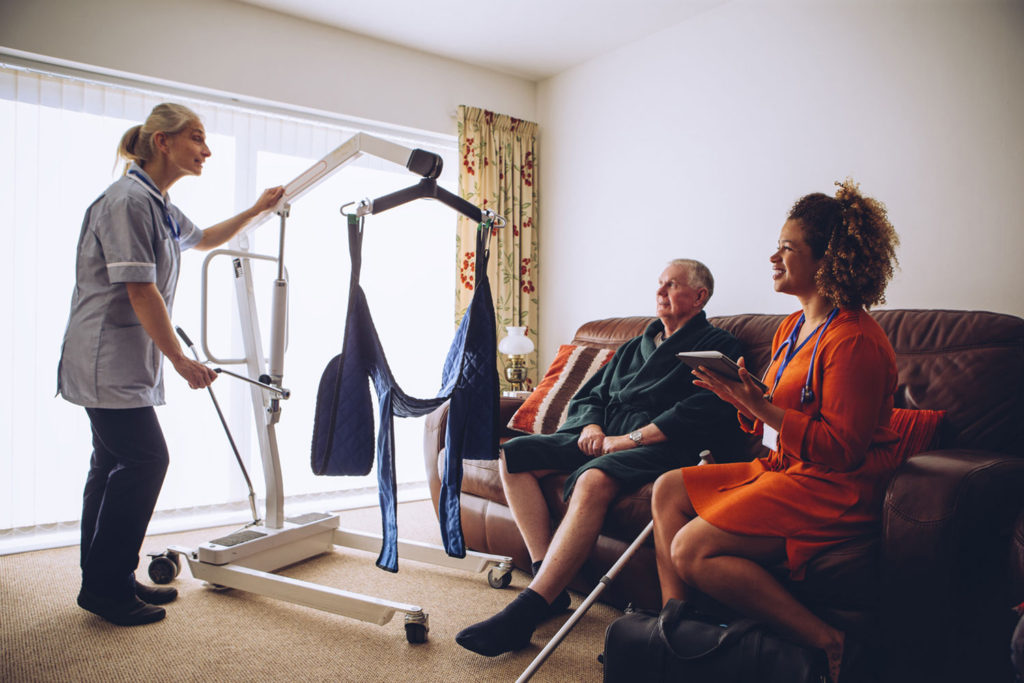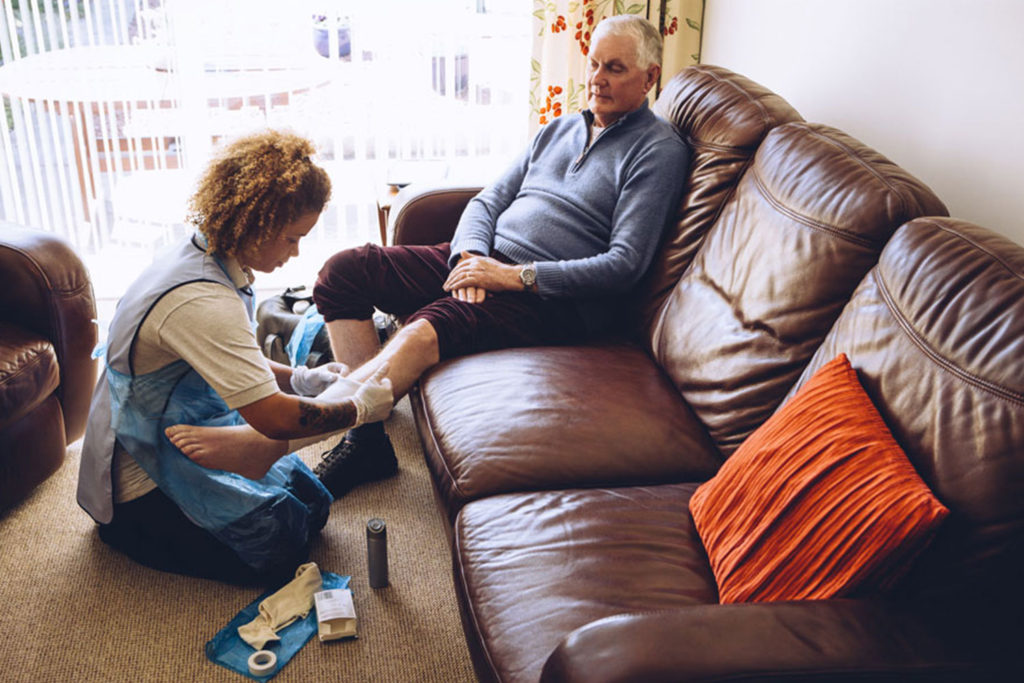10 Simple Activities to Boost Brain Health for Seniors
Discover 10 simple, engaging activities to boost brain health in seniors. Celebrate Alzheimer’s & Brain Awareness Month with tips on exercise, diet, puzzles, and more. Promote cognitive well-being and dementia prevention at any age.
How to Talk to a Loved One About Memory Loss: Tips for a Compassionate Conversation
Learn how to talk to a loved one about memory loss with compassion and understanding. Discover the 10 early signs of Alzheimer’s, why early detection matters, and how home health care can support families during Alzheimer’s & Brain Awareness Month.
June is Alzheimer’s & Brain Awareness Month: What Families Need to Know
Learn how to recognize early signs of Alzheimer’s, understand each stage of dementia, and discover why home health care is often the preferred choice for families during Alzheimer’s & Brain Awareness Month. Compassionate, stage-specific care helps loved ones remain comfortable at home.
Supporting Dementia Care at Home: What to Do if They Refuse Help
When a loved one with dementia resists the help they need, it’s one of the most challenging situations for family caregivers—especially when you’re already stretched thin and need support yourself. Many families in Daytona Beach face this struggle, and it’s completely normal. Here’s how to navigate resistance to home health care with compassion and understanding—plus practical tips to help you both.
5 Common Myths About Dementia Home Care and the Truth Your Family Needs to Know
Think dementia home care is only for late-stage illness? Discover the truth behind 5 common myths and how in-home dementia care can support your loved one today.
Essential Summer Checklist for Dementia Caregivers in Volusia County
Florida summers bring intense heat and humidity, and for seniors living with dementia, that can present serious risks. Dementia affects how individuals perceive temperature, remember to hydrate, or recognize signs of overheating. As a caregiver, it’s essential to make smart adjustments to your environment—especially here in Daytona Beach—to help your loved one stay safe and comfortable.


